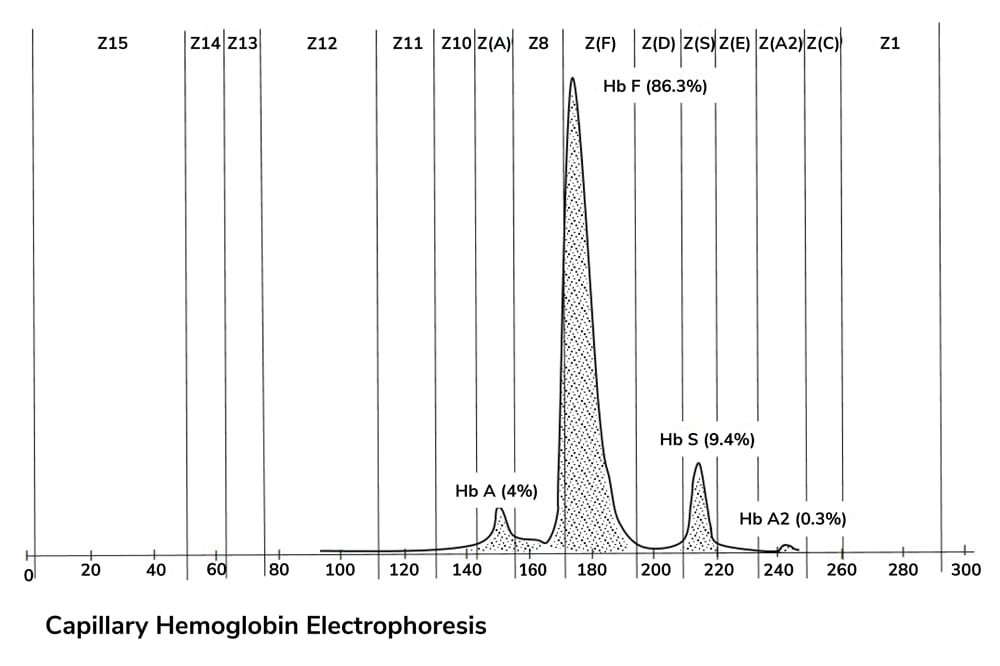
Our “rapid response” laboratory operates at a high throughput 24 hours a day, seven days a week. We refuse to call it a routine laboratory, as I said, because there’s nothing routine about it. One key difference between this and an adult lab is the much smaller sample volume. We have to be highly proficient at conducting tests on very small amounts of sample, because children simply have less blood to give.


The other significant difference is that children are not just small adults – at least in terms of their biochemistry – and so it’s vital that we understand those differences and remain child-focused. For one thing, changes happen faster and have a greater effect, so even more than in adults, speed is always of the essence. In some of the disorders we work with, rapid diagnosis can prevent irreversible brain or organ damage – or even death. Adults are often at the other end of the spectrum; diseases like Alzheimer’s or Parkinson’s move slowly and may not have effective interventions. The speed required in our work is just one more way in which pediatric pathology is completely unique. We’re working on puzzles that no one has previously attempted to solve, and we’re trying to do it as rapidly, comprehensively, and collaboratively as possible.
In Service to Our Smallest Patients
Enzymology: A Whistle-Stop Tour of GOSH Pathology
Microbiology: A Whistle-Stop Tour of GOSH Pathology
Histopathology: A Whistle-Stop Tour of GOSH Pathology
Flow Cytometry: A Whistle-Stop Tour of GOSH Pathology
Rapid response: A Whistle-Stop Tour of GOSH Pathology




